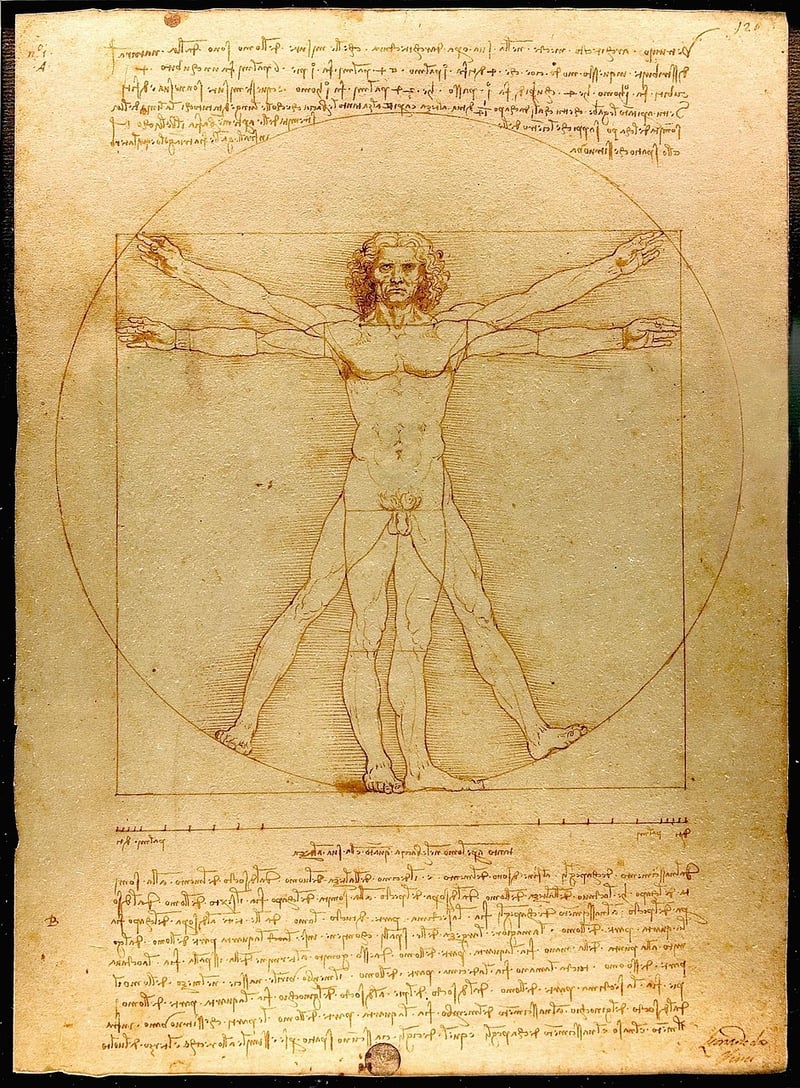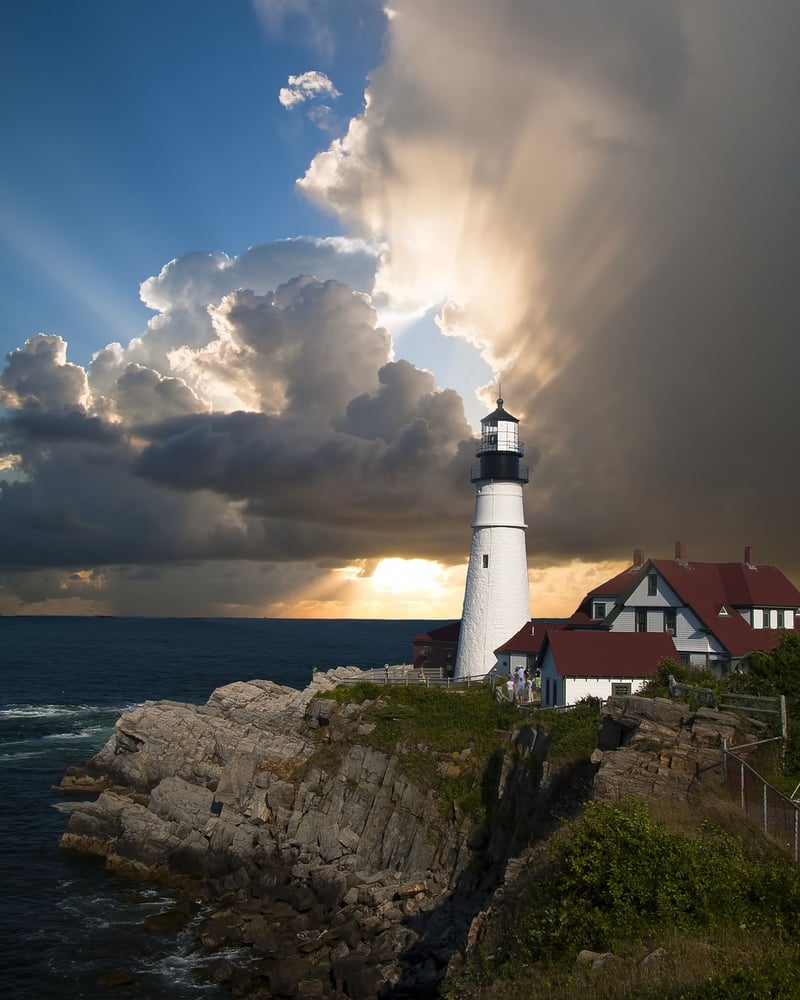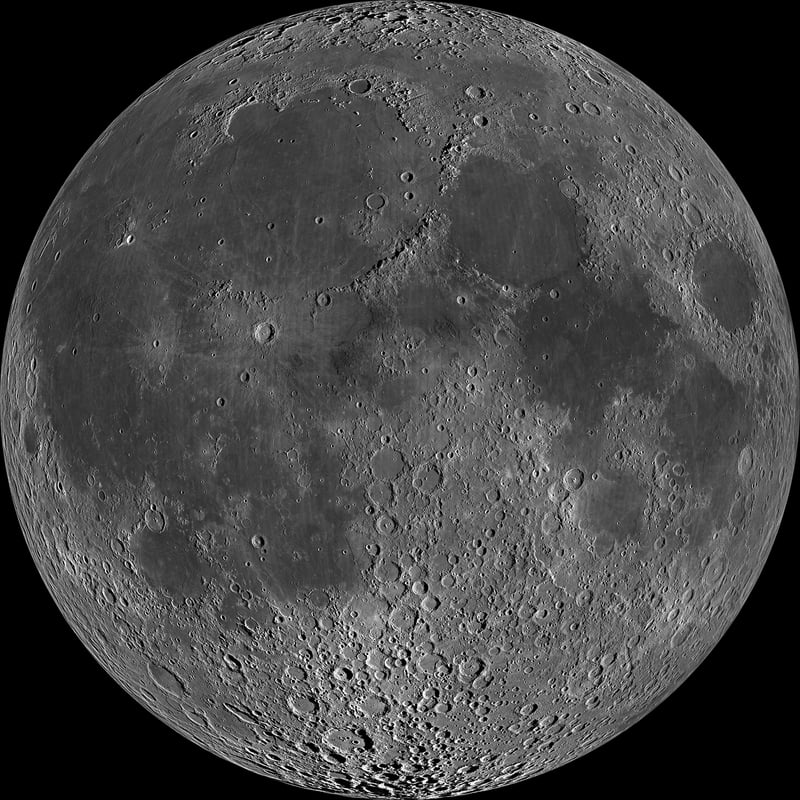Future Exploration
Exploring Different Time Periods and Future Exploration
Introduction
Exploring different time periods allows us to delve into the past and gain a deeper understanding of how societies, cultures, and technologies have evolved over time. Additionally, looking towards future exploration opens up endless possibilities for advancement and discovery.
Ancient Civilizations
Ancient civilizations such as the Egyptians, Greeks, Romans, and Mesopotamians have left behind a rich tapestry of history, architecture, art, and innovations. By studying these civilizations, we can uncover the origins of modern-day practices and technologies.

The Middle Ages
The Middle Ages marked a period of feudalism, chivalry, and the rise of powerful empires. Exploring this time allows us to understand the socio-political structures that shaped Europe and the rest of the world.

The Renaissance
The Renaissance was a time of great cultural and intellectual growth, marked by advancements in art, science, and philosophy. Studying this period sheds light on the birth of the modern world.

Industrial Revolution
The Industrial Revolution transformed society with the introduction of mechanized production, steam power, and urbanization. Exploring this era helps us understand the roots of our modern industrialized world.

Future Exploration
Looking towards the future, exploration extends beyond Earth to space, the deep sea, and even the realms of technology and artificial intelligence. The possibilities are limitless, with potential for groundbreaking discoveries and innovations.

Conclusion
Exploring different time periods gives us insights into our past, present, and future. By studying the achievements and challenges of civilizations throughout history and embracing the spirit of future exploration, we can continue to push the boundaries of knowledge and discovery.
